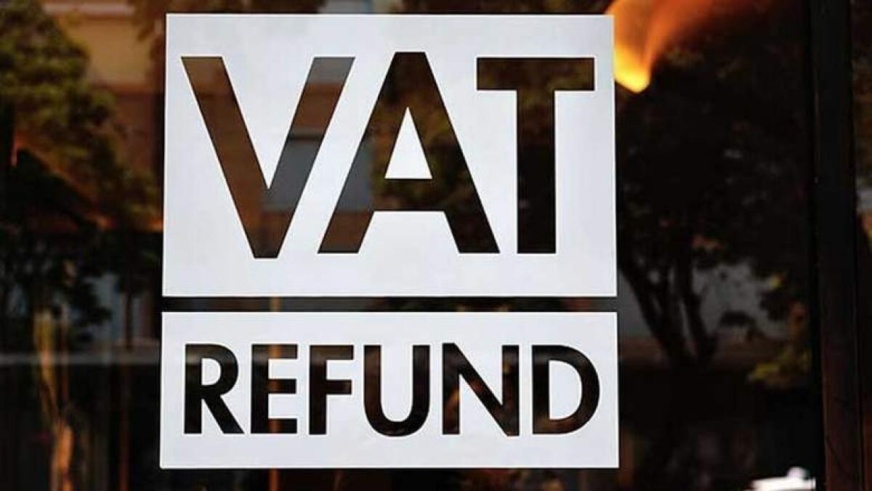In the realm of UAE Value Added Tax (VAT), the central taxable event revolves around the act of supplying goods and services. This signifies that whenever a registered individual or entity engages in the provision of goods or services, it becomes incumbent to apply a…






